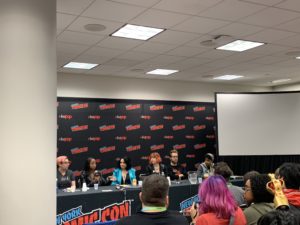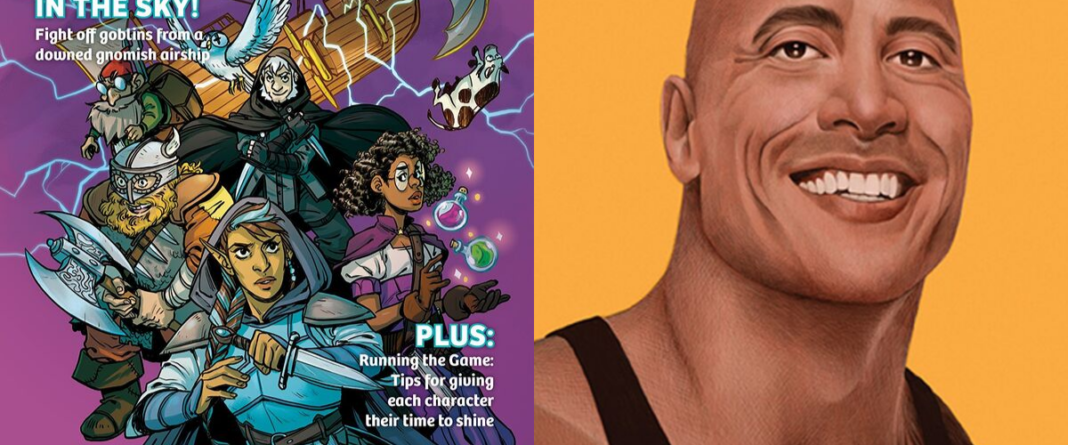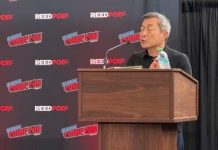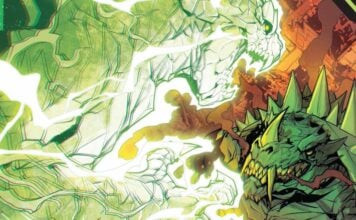By Amanda Steele

The panelists were: freelance editor and cartoonists Christina “Steenz” Stewart, freelance comics marketer Jazzlyn Stone, owner of a nerd accessory brand Jordan Ellis, Geek Girl Strong Founder Robyn Warren , Fanmail Founder Rose DelVecchio, freelance writer Tres Dean.
Much of the panel was devoted to discussing the different ways that the panelists got into their current jobs and careers related to fandom. For many of these creators, the trajectory was rather up and down and included part-time jobs, different colleges, starting their own businesses, and more. The panelists talked about how important community and connections are when trying to make a career in fandom and pop culture spaces.
DelVecchio said that aspiring fandom creators should keep in mind that “feeling like you have to do things one certain way every single time, don’t feel that way. It’s ok to have side gig or a “Muggle” job.” While Warren added, “you don’t have to quit your day job to do what you love to do.”
Then, the panelists discussed how important community is and also some do’s and don’ts for networking. They talked about how it’s okay if not everyone likes you, and how connecting with like-minded people and supporting their work is more important than just networking on a surface level. Dean said that, “It’s not all about making bold moves but every once in a while you do have to make one.”
For many people who make fandom their job, finding separation between their career and their personal identity can be difficult, especially with social media. The panelists discussed their ways of coping with this. For some people, having more separation is important, while others use their social media as part of their career identity. Dean reminded audience members to “not be afraid to set up boundaries.”
One of the other important discussion points was about quitting your day job. This is something that many people aspiring to make a job out of fandom often ask themselves and others. The panelists all agreed that there isn’t one right answer, but instead it’s a personal decision. They advised people to quit only when they have something else in place or when the stress of trying to do both a day job and a side hustle is too much.
The main take away from this panel is that there is no one time table or projector. Building community and finding friends who are trying to do the same thing you’re trying to do is important. And, of course, never feel like it’s too late to get started.










Comments are closed.